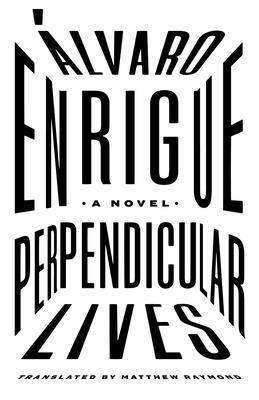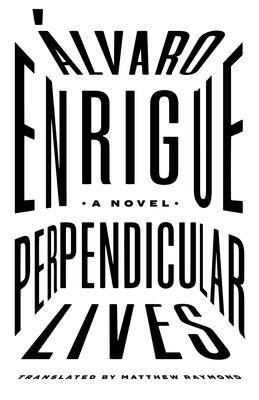
- Retrait gratuit dans votre magasin Club
- 7.000.000 titres dans notre catalogue
- Payer en toute sécurité
- Toujours un magasin près de chez vous
- Retrait gratuit dans votre magasin Club
- 7.000.0000 titres dans notre catalogue
- Payer en toute sécurité
- Toujours un magasin près de chez vous
Description
entrepreneur, Jerónimo Rodriguez Loera is off to an inauspicious start--then things get worse.
Through an assemblage of records, letters, and firsthand testimony of Jerónimo's past lives,
Álvaro Enrigue creates a rich, observant, and dryly humorous account of class and clashing in
Mexican society.
Perpendicular Lives opens in 1930s Guadalajara, but as Jerónimo struggles toward maturity in a
family plagued with infidelities, vanities, and favoritism, the story delves into Jerónimo's
previous lives as, among others, the Mongolian widow of a cloth merchant and a monkhunter
with a penchant for gunslinging and public defecation. Under the breakdown of his ostensible
parents' marriage, political turmoil, and the hypocrisy of New World gentry, Jerónimo must
fight for his place in his family--and the world.
Named as one of the Bogotá39 and recipient of the Joaquín Moritz Prize, Álvaro Enrigue is one
of the foremost voices in Latin American literature. In Perpendicular Lives, Enrigue's historical
genius and mastery of myriad genres create an unconventional, unforgettable narrative that
evokes the wry humor of Twain and the formal freedom of Joyce. The result is a mind-bending and absurdist bildungsroman that explores the meaning of the ties that bind us across class,
continents, and time.
Spécifications
Parties prenantes
- Auteur(s) :
- Editeur:
Contenu
- Nombre de pages :
- 120
- Langue:
- Anglais
- Collection :
Caractéristiques
- EAN:
- 9781628975147
- Date de parution :
- 23-01-24
- Format:
- Livre broché
- Format numérique:
- Trade paperback (VS)
- Dimensions :
- 140 mm x 216 mm

Les avis
Nous publions uniquement les avis qui respectent les conditions requises. Consultez nos conditions pour les avis.






